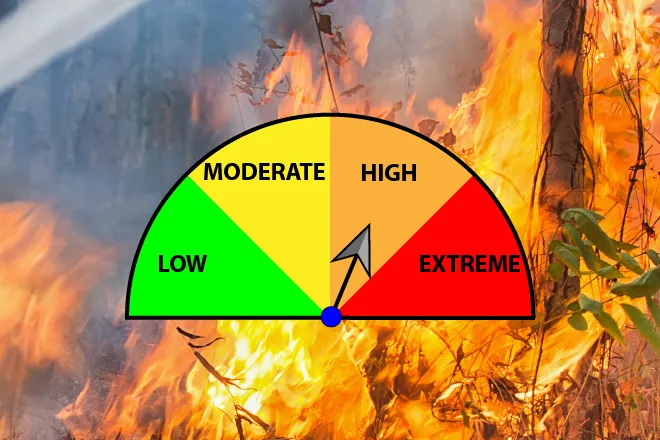
Breast-cancer awareness: screenings down compared to pre-pandemic
(Washington News Service) October is breast cancer awareness month and health professionals are urging people to get screened for the disease.
Screenings have gone down because of the pandemic. Numbers rebounded a bit this year, according to a recent study, but are still down 15 percent from their pre-pandemic levels.
Dr. Mandy Robertson is medical director for cancer care at Kaiser Permanente, Washington. She said mammograms are the most effective tool for detecting breast cancer.
"Mammograms are typically recommended between every one to two years, starting at the age of 50," said Robertson. "But a baseline mammogram is often important to get done before the age of 50, between the ages of 40 to 50."
Robertson said whether people should wait one or two years between screenings depends on their personal risk. She also noted that doctors' offices have the proper measures in place to make it safe for people to come back in.
Early detection is key for treating and preventing breast cancer. Robertson said when cancer develops on the breast, it often causes calcium deposits.
"That's what allows early detection of breast cancer," said Robertson. "Those calcium deposits that can form these abnormal clusters on an x-ray, which is the mammogram."
Robertson said another important - and easy - tool for detecting breast cancer is at-home self-exams.
"I usually tell women to pick a time of the month where they're not having their menstrual cycle," said Robertson, "and try to do it at that same time of the month each month so that they get into a routine."
She said if they notice something different, they should bring it up to their doctor.
















